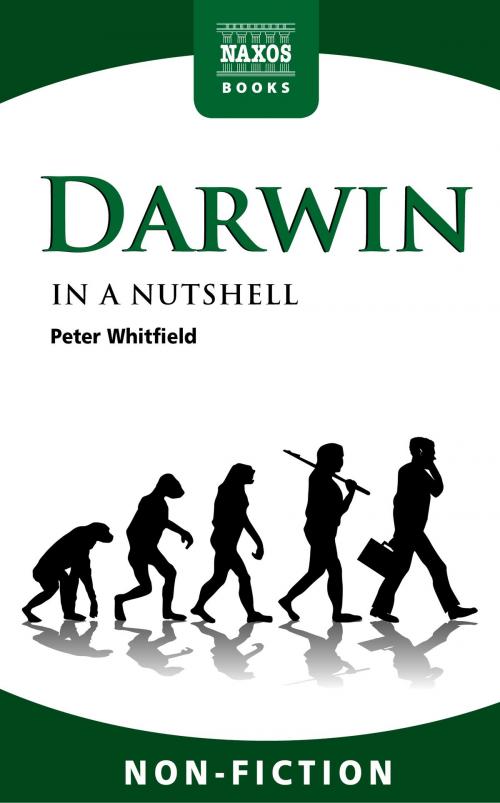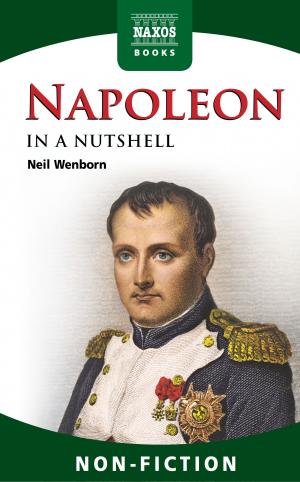| Author: | Peter Whitfield | ISBN: | 9781843796565 |
| Publisher: | Naxos Books | Publication: | October 1, 2012 |
| Imprint: | Language: | English |
| Author: | Peter Whitfield |
| ISBN: | 9781843796565 |
| Publisher: | Naxos Books |
| Publication: | October 1, 2012 |
| Imprint: | |
| Language: | English |
Charles Darwin, father of evolution, was one of the greatest pioneers in science. His five-year voyage on The Beagle, his visit to the Galapagos Islands, his careful work in noting small differences of fauna on different islands all led to the concept of natural selection, which radically changed the way mankind and the animal world was viewed. But what kind of man was Darwin, and why did he keep his conclusions secret for so many years? In this clear but informative account, Peter Whitfield sets Darwin in the 19th-century society from which he sprang, and considers the effects of his ideas on the 21st century.
Charles Darwin, father of evolution, was one of the greatest pioneers in science. His five-year voyage on The Beagle, his visit to the Galapagos Islands, his careful work in noting small differences of fauna on different islands all led to the concept of natural selection, which radically changed the way mankind and the animal world was viewed. But what kind of man was Darwin, and why did he keep his conclusions secret for so many years? In this clear but informative account, Peter Whitfield sets Darwin in the 19th-century society from which he sprang, and considers the effects of his ideas on the 21st century.















